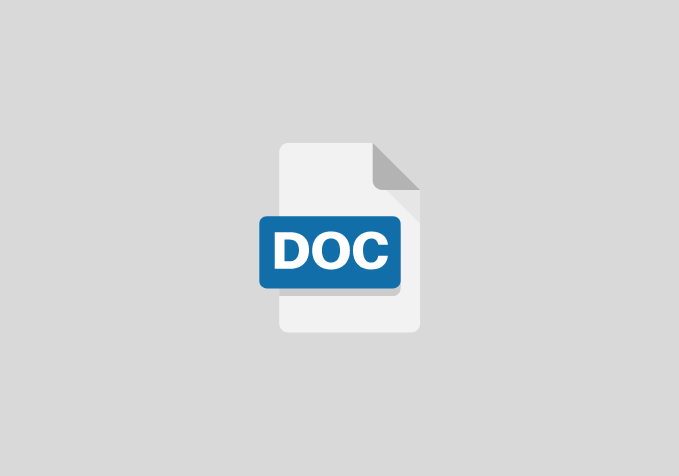A Proposal on Influence of Political Advertising on the Voting Pattern of Electorates in the 2023 Elections in Akwa Ibom State
CHAPTER ONE
Objective of the study
The objectives of the study on the influence of political advertising on the voting pattern of electorates in the 2023 elections in Akwa Ibom State are as follows:
- To evaluate the extent to which political advertising affects the awareness, perceptions, and preferences of voters in Akwa Ibom State leading up to the 2023 elections.
- To investigate how political advertising contributes to the creation and dissemination of candidate images and brands, and how these impact voter perceptions and attitudes towards candidates.
- Analyze how political advertising frames key political issues in Akwa Ibom State and its influence on voters’ prioritization of issues and policy preferences.
RELATED LITERATURE
CONCEPTUAL FRAMEWORK
THEORETICAL FROMEWORK
EMPIRICAL REVIEW
Research methodology
Research Design
The research design will be adopted in this research work is the survey research design which involves the usage of self-designed questionnaire in the collection of data. Under the survey research design, primary data of this study will be collected from selected residents in Uyo in order to determine influence of political advertising on the voting pattern of electorates in the 2023 elections in Akwa Ibom State. The design was chosen because it enables the researcher to collect data without manipulation of any variables of interest in the study. The design also provides opportunity for equal chance of participation in the study for respondents.
Population of Study
Population is sometimes referred to as the universe. The population of this research study will be Seventy-five (75) selected residents in Uyo, Akwa Ibom State
Sample Size and Sampling Techniques
The researcher made use of stratified sampling technique because all the members have the same probability of occurrence. The researcher narrowed down the samples to selected residents in Uyo determine influence of political advertising on the voting pattern of electorates in the 2023 elections in Akwa Ibom State.
In this study, the researcher used the [TARO YAMANE FORMULA] to determine the sample size.
Method of Data Collection
The researcher adopted questionnaire in collecting relevant information for the study. The questions asked in the questionnaire will be accompanied by multiple choice answers from which the respondents were asked to pick one.
Validity and Reliability of Research Instruments
Nworgu (1991) contended that after the items in a questionnaire have been written, it is mandatory to subject the questionnaire to validation process.
He maintained that in this way the items can be reviewed in terms of their clarity, the appropriateness of the language and expressions, the suitability of each item with references to the research question. It is expected to answer the adequacy of the quantity of items in the questionnaire.
References
- Ansolabere I, Iyenga S 1995. Political Advertising and Media Effects. From (Retrieved February 20, 2012).
- Antunes, R 2010. Theoretical models of voting behaviour. comunicaçãoeciênciasempresariais. boundless.com, 2015. Available at: http://www.boundless.com/political-advertisingin-the united states, accessed 15 June 2015.
- CIHRS 2010. Media and Parliamentary Elections in Egypt: Evaluation of Media Performance in the Parliamentary Elections, Cairo: Cairo Institute for Human Rights Studies.
- Curran, J 2005. Media and cultural theory. s.l.: Routledge.
- Diamond E, Bates S 1992. The Spot: The Rise of Political Advertising on Television. Massachussets: Institute of Technology.
- Diamond, E & Bates, S 1992. The spot: the rise of political advertising on television (3rd ed). Cambridge: MIT Press.
- Ekoclubhuston.com, 2015. [Online] Available at http://ekoclubhouston.com/wpcontent/uploads/2012/06/General-Information-on-Lagos-State.pdf, accessed 15 June 2015.
- Feyipitan, 2015. Finance. [Online] Available at http://www.vanguardngr. com/2015/01/agenda-setting-political-advertising-staking-integrity/, accessed 15 June 2015.


